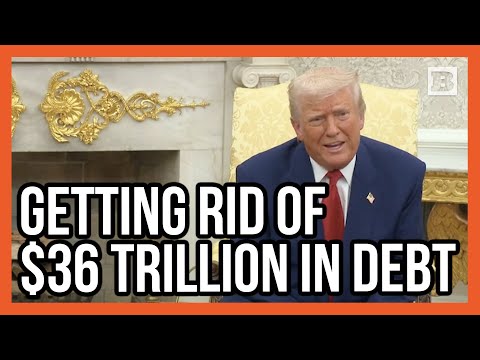In a bold and decisive turn of events, the landscape of international trade is shifting towards a more advantageous position for the United States. Recent diplomatic activities have showcased a growing willingness from other countries to engage in negotiations, largely fueled by the realization that the previous terms of trade were unsustainable. The leader’s firm stance on tariffs is crucial. The administration has made clear that the days of one-sided trade agreements, where other nations reaped the benefits while the United States took the losses, are coming to an end.
The ramifications of this renewed assertiveness in trade policy cannot be overstated. With the current administration’s commitment to imposing tariffs on countries that have historically taken advantage of American businesses, foreign leaders are starting to understand that America will no longer be their doormat. Instead, they are now coming to the negotiating table, recognizing that their economies are also feeling the strain of the previous unfair arrangements. This shift could lead to a series of beneficial trade agreements that promote fairness and prosperity for the United States.
One significant example of this growing willingness to negotiate comes from a conversation with Israeli leadership regarding tariffs. The Israeli Prime Minister announced plans to cut tariffs and embrace more open trade practices with the U.S. This move signals a broader trend where countries once resistant to change are reconsidering their strategies. This newfound readiness to negotiate is testament to the pressure that American tariffs have placed on their economies. They are scrambling to find favorable conditions, and these conditions hinge upon a more balanced and fair trade relationship with the United States.
Additionally, the urgency to reduce America’s staggering $36 trillion debt is more critical than ever. By securing advantageous trade agreements, the government can simultaneously uplift domestic production and create revenue streams that would help alleviate this financial burden. When other nations lower their barriers to American exports, it allows hardworking American families and businesses to thrive, ultimately contributing to a healthier national economy.
In conclusion, the path forward is clear: the administration’s resolve to prioritize American interests is reshaping the world of global trade. With countries eager to negotiate and adapt to a landscape characterized by fairness and equality, there lies a unique opportunity to not only strengthen the U.S. economy but to ensure that future generations inherit a nation that stands proud and resilient. The time is now to embrace these changes and advocate for policies that enshrine conservative fiscal values at the heart of American trade practices.



